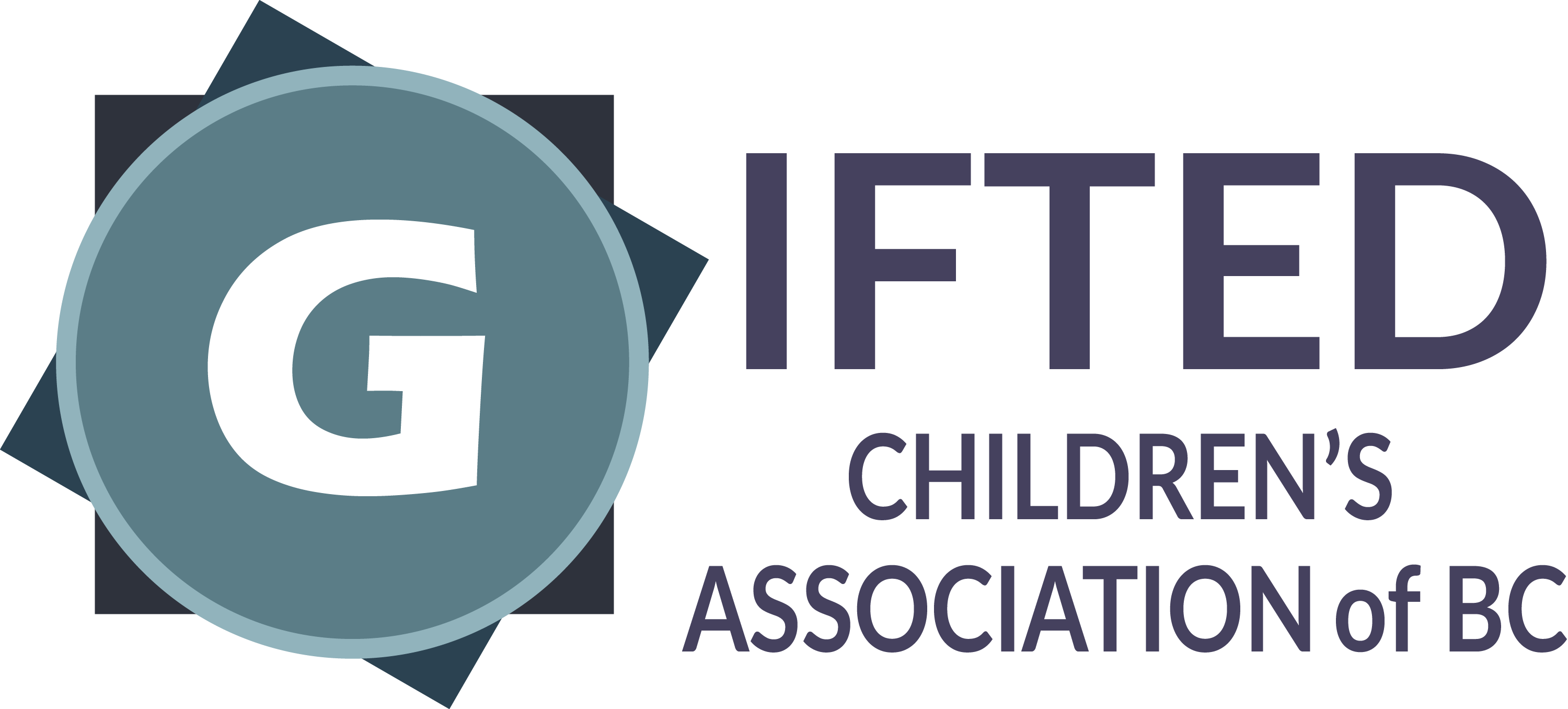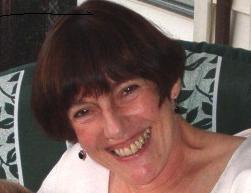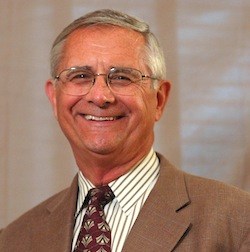Late in 2022, several parents of the University Transition Program (UTP) approached the Gifted Children Association of BC (GCABC) with concerns regarding anticipated changes to UTP. UTP is a joint program funded by the BC Ministry of Education and Child Care (MoECC), supported by the University of British Columbia (UBC), and administered by the Vancouver School Board (VSB).
After gathering initial background information about the program, and hearing concerns from parents, the GCABC sent the VSB several questions raised by parents and the GCABC board members. In response, the VSB representative requested a meeting with the GCABC to respond to our questions. To date, the GCABC has had three meetings with the VSB, representatives, all at their request, to respond to our concerns. Throughout these meetings, the representatives of the GCABC continued to raise the issue of the need for appropriate learning opportunities for Gifted students using a constructive approach. For more detailed information, please read the Summary Report of these meetings provided below.
Summary Report
February 8, 2023
Re: February 8, 2023, meeting with Rosie Poetschke Director of Instruction, Learning Services VSB and Jody Langlois, Associate Superintendent and Laila Atkins, President GCABC and Maureen McDermid, Secretary.
University Transfer Program (UTP)
The Vancouver School Board (VSB) requires approval from Ministry of Education and Child Care (MoECC) for any changes to the staff or programming and provides the budget for the program.
1. MoECC reviewed 3 of the 9 Provincial Resource Programs (PRP) housed at VSB in the Spring of 2022. As a result, the following actions were undertaken:
a. Reviewers recommended appointment of a District Principal to administer the 9 PRPs housed at VSB bringing VSB into compliance with other school districts administrative organization. This position is fully funded by the MoECC.
b. In October, MoECC provided funding to VSB for this District Principal position.
2. Concerns and questions regarding this change, as well as inaccurate information received by the MoECC and the University of British Columbia (UBC) has prompted a closer look at the program. As this is a provincial program, there was the expectation that the application process going forward allowed time for equitable access for potential students from across the province. This resulted in VSB’s decision to open the application process from October of 2022 and extend it over four months to March 2023. This brings the application process for all the VSB Learning Services programs into alignment.
3. Information about these changes was shared with parents of students currently in the UTP and other interested families.
Results:
As of Jan. 1, 2023, MoECC would no longer fund the long-standing Coordinator position and required of VSB (who do the staffing) that this be an administrative position within the VSB administrative structure. VSB was required to create a dedicated Administrator to manage all Provincial Resource Programs they partner in. This position receives full funding from MoECC. The current UTP Coordinator, Dr. Lucy Shepelev, would remain in the position until Jan. 1, 2023, and then would continue as a teacher within UTP.
In compliance, VSB appointed an Administrator, Ankie Carswell – District Principal, Provincial Resource Programs. Like a principal in a school, all 4 UTP teachers have access to Ms. Carswell who functions as part of the administrative organization of VSB. Ms. Carswell has oversight of the UTP Program, liaises with the other partners (UBC, MoECC) and teachers in the program work with her.
UTP Referral Process
Self Referral and Teacher referral all remain in place for the program with the addition this year of School District referral.
The first cohort of referred students (95) was assessed at the end of January 2023, second cohort to be assessed at the end of March 2023. In recent years, annual application has ranged from 100-140 applicants. This year to date, there have been approximately 200 applications.
The current dates for referral and assessment reflect the desire to make it possible for students from across the province to become informed about the program and have time to make application and attend assessments.
Decisions about admission will be made for coming year by May 5, 2023.
VSB intends that the program will continue.
Equity of Access to the Program
Additionally, as part of the review, MoECC requires that the processes for referral and admission must be equitable for the entire province’s students. This is understood as any student within the province should have the ability to be referred as a potential candidate.
Currently, the student that travels the farthest to access the program is from Coquitlam.
Multi-age Cluster Classes (MACC)
VSB has been evaluating MACC for the past 3 years given a declining number of applicants. This has resulted in consideration of other options to serve the gifted community. Based on the feedback from parents regarding the GEC proposal, VSB was preparing for an oversubscription of MACC this year, however there are currently 17 places unfilled in the MACC program.
No child currently enrolled in MACC will be affected by the pilot of the GEC introduction. Students enrolled at grade 4 for the 2022/2023 and 2023/2024 school years will complete the MACC program in their grade 6 year. Still under consideration and in consultation with families is entry to the program at the grade 5 level. This would allow students to experience a year of intermediate learning, grade 4, with a focus on greater independence, in their home school before applying for this special program.
This decision has been made in recognition that students who do not return to their home school for grade 7 miss significant leaving and transition activities as part of that year. Additionally it gives them the opportunity to reconnect with their homeschool community as they make the transition to grade 8. During this period of alternative options and changes, VSB will continually solicit feedback.
No single program is going to work for all gifted students. Each program will have unique features designed to respond to student learning needs and provide and environment that promotes success.
Rationale for Gifted Enrichment Centre (GEC) Program
The GEC program is designed around identified passions that are shared and explained, and the students have a 6-week experience. The GEC application process is open to any student who wishes an in-depth learning experience in an area of personal high interest or passion. In contrast to the MACC entry requirements, no child would be refused because they did not have a gifted designation. This design is based in acknowledgement that a child’s strong interest in the topic offered need not be confined solely to those that are gifted by designation, and all applicants share a passion and therefore a background. There is likely little difference between those designated and those who operate at an advanced, but not gifted level because of their interest. The program’s experience to date is that the identified students worked well with those not yet designated or not qualifying for a designation, the common bond being their passion. This program will still meet the criteria for support of gifted students as defined by the MoECC’s Special Education Policy.
How GEC works
For those students accepted, there is a process that provides pre-access to the GEC teachers by classroom teachers, access to consultations between classroom and GEC teachers during the student’s experience, and a post consultation during the gap week following the end of the class to allow transfer and advice for ongoing support of the student’s passion to the regular classroom.
A student can apply for as many GEC experiences as they wish.
This year’s GEC is over subscribed, and the feedback has been good. The 2 pilot programs have now completed, and the data is being processed.
Concern about the episodic nature of the program for 2E students was acknowledged given their social emotional needs and will be further studied. There was a commitment to share data with the GCABC.
February 17, 2023
Follow-up Meeting with Rosie Poetschke Director of Instruction, Learning Services VSB and Jody Langlois, Associate Superintendent – February 17, 2023
1. All three parties in the UTP program, UBC and Ministry of Education and Child Care and VSB, met to share recent developments. The meeting was constructive and provided additional clarity on a number of issues.
2. UTP entrance requirements are currently based on a ‘Conceptual Framework’ from 1998. VSB would like to ensure the criteria is still valid today and asked GCABC to be one of the parties involved in this process. VSB will share this document with the GCABC who will contact well-known experts in the gifted community to review sections of the criteria.
3. UTP requirements were reviewed, and initial clarifications suggested/discussed:
a. “..commitment to goal of early university entrance…”: clarify that “early” here is related to the age of the UTP graduates and not the time of year they are admitted as they start university in September of a given year the same with all other university students. In addition, students are not guaranteed admission into UBC upon completion of the UTP program. In the case where UTP students are accepted into UBC, they are not admitted any earlier than other UBC applicants.
b. 99% percentile in Math, Reading and Writing: There might be some room here but need to consult experts
c. Processing Speed: Important to be superior in order to be able to handle workload
d. Keyboarding skills, Executive Function also important
e. Inner drive is essential and will be what separates the kids who need UTP from others who may be eligible for criteria in other aspects.
f. Program may work for students who fit the academic profile but who might need minor support on the social/emotional side
4. Considerations for a more holistic process for Student Application
a. Students to submit a portfolio that includes:
i. Written essay on “Why learning with UTP” is an appropriate decision for them.”
ii. Work samples, evidence of external experiences
iii. Letter / reference related to extra-curricular, community or volunteer work.
iv. Interviews with parents.
b. Conversation with potential students and their parents
5. UTP Graduate’s Student Success at UBC:
a. Approach UBC for assistance in gathering data on former UTP students.
b. Construct a profile of a successful student.
6. Parents – It is important that parents understand the following about the program:
a. It is only a good match for those students who meet the listed criteria.
b. The academic part of the program is very rigorous.
c. Clearly state what this program is about and what student profile is a match
d. What program does and what it doesn’t do
e. It is a program structured for a certain profile
f. Students need to have a specific psych-ed assessment
g. Students need to be confident in themselves, risk-takers, and usually have one or more passions that are absolutely profound
h. This program is for exceptionally high cognitive achievers with an innate capacity for critical thinking, problem solving and risk-taking
i. This program is designed for students whose learning and education needs cannot be met in their school community and not simply an avenue for them to start UBC early
7. VSB is forming a working group, including the Ministry of Education and Child Care representatives and has asked for someone representing the GCABC to help bring this assessment up to date. UBC has made it clear that they are not involved in student selection for the program. They simply provide the site and provide guest lecturers from UBC professors as requested.


